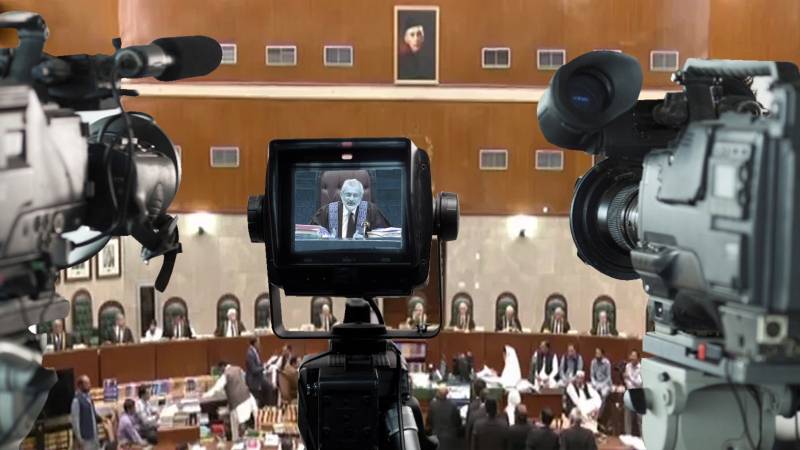
The Supreme Court on Wednesday upheld the Practice and Procedure Act 2023, which devolves the power of the chief justice to take suo moto decisions or appoint a roster of judges to the three senior-most judges (including the chief justice, the senior puisne judge and the third senior-most judge) in the Supreme Court.
A short order issued by the full court dismissed the petitions against the act, with ten judges in favour of the bill and five against.
The five judges who dissented include Justice Ijazul Ahsan, Justice Munib Akhtar, Justice Sayyed Mazahar Ali Akbar Naqvi, Justice Ayesha A Malik and Justice Shahid Waheed.
The judges decided by majority, nine judges in favour and six dissenting, decided that sub-section (1) of Section 5 of the Act (which grants the right of appeal prospectively) was also declared in accordance with the Constitution.
Those who dissented over the right to prospective appeal include Justice Ijazul Ahsan, Justice Munib Akhtar,
Justice Yahya Afridi, Justice Sayyed Mazahar Ali Akbar Naqvi, Justice Ayesha A. Malik and Justice Shahid Waheed.
Further, by a narrow majority, eight judges and seven dissenting, the court rejected sub-section (2) of Section 5 of the Act -- which grants right of appeal retrospectively -- and allowed the petitions.
Those who argued in favour of the right to retrospective appeal, the order noted, included Chief Justice Qazi Faez Isa, Justice Sardar Tariq Masood, Justice Syed Mansoor Ali Shah, Justice Amin-ud-Din Khan, Justice Jamal Khan Mandokhail, Justice Athar Minallah and Justice Musarrat Hilali.
With the right of retrospective appeal denied, it means that a prospective applicant such as Nawaz Sharif cannot appeal against his lifetime disqualification from participating in politics.

